Search for information
First Visa Ban Threatens the Core Values of the 2028 Los Angeles OlympicsFirst Visa Ban Threatens the Core Values of the 2028 Los Angeles Olympics
April 9, 2025, 3:06 pm EDT
First Visa Ban Threatens the Core Values of the 2028 Los Angeles Olympics
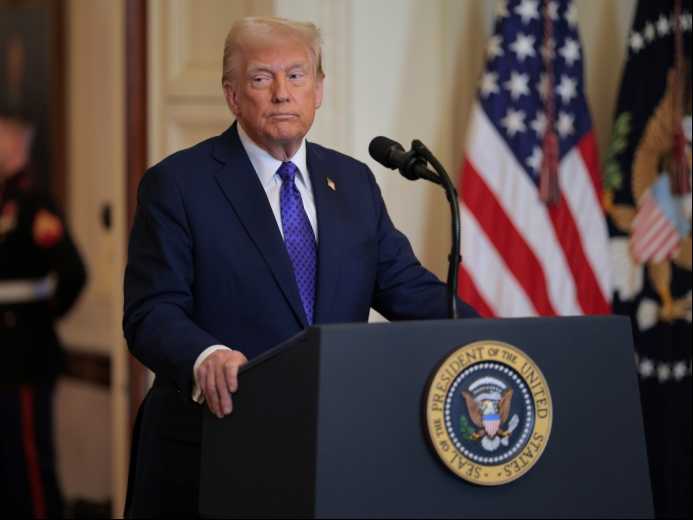
Source: Images from the Internet, if there is any infringement, please contact the removal of
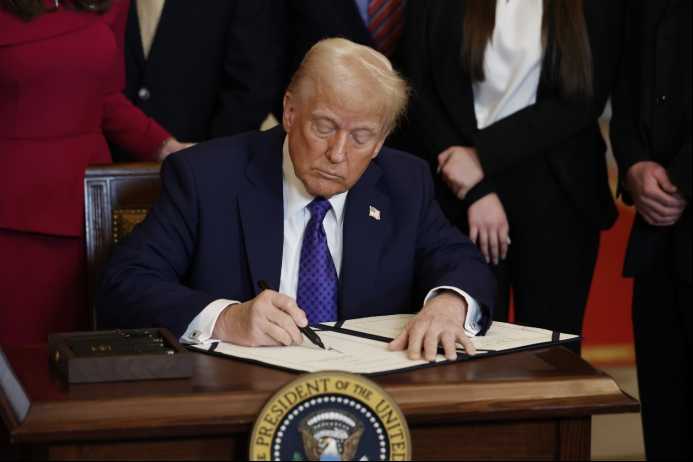
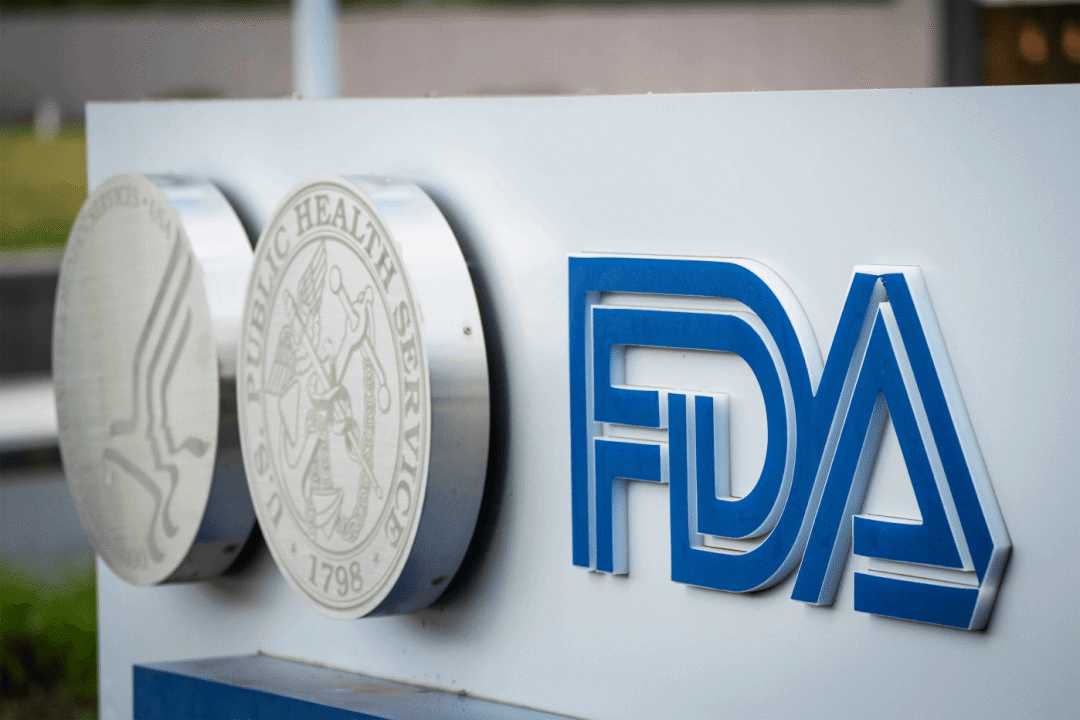
FDA Severely Hit, Pharmaceutical Company Stocks Plummet
FDA Severely Hit, Pharmaceutical Company Stocks Plummetmore

Unprecedented Layoffs in the US Healthcare System: A Double-Edged Sword
Unprecedented Layoffs in the US Healthcare System: A Double-Edged Swordmore
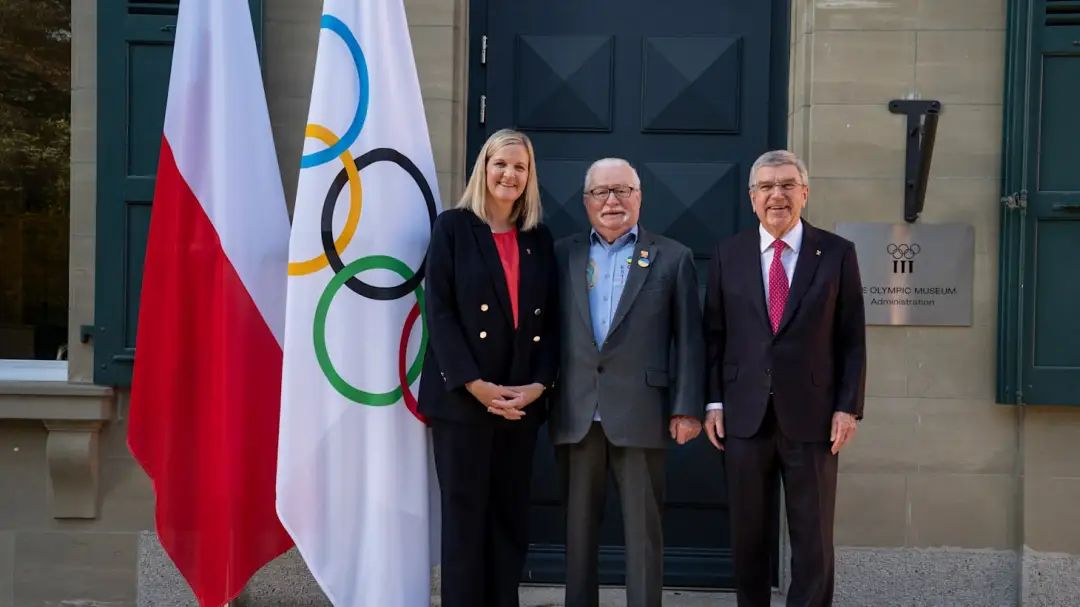
IOC Executive Board Meeting and Various Developments in the Olympic Realm
IOC Executive Board Meeting and Various Developments in the Olympic Realmmore

Two Milestone Cooperation Agreements Mark Africa's Leap towards Vaccine Self-production at the Secon
Two Milestone Cooperation Agreements Mark Africa's Leap towards Vaccine Self-production at the Second Vaccine and Health Products Manufacturing Forum in Cairomore

Renowned Lobster Dishes in North American Seafood Restaurants
Renowned Lobster Dishes in North American Seafood Restaurantsmore
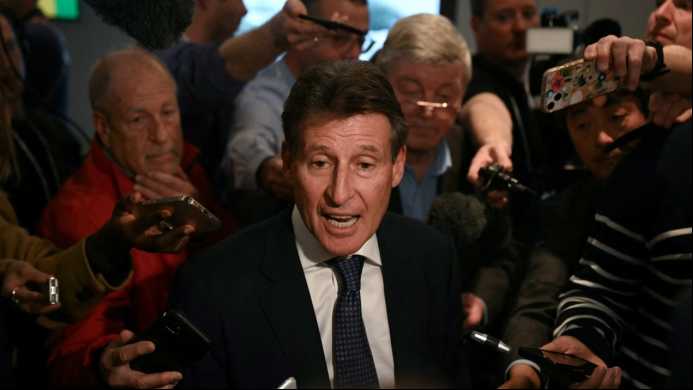
World Athletics Adopts Cheek Swabs and Dry Blood Tests to Determine Female Athletes' Biological Sex
World Athletics Adopts Cheek Swabs and Dry Blood Tests to Determine Female Athletes' Biological Sexmore

Taylor Swift Strongly Supports Friend Blake Lively's Sexual Harassment Allegations Against Justin Ba
Taylor Swift Strongly Supports Friend Blake Lively's Sexual Harassment Allegations ……more

NVIDIA Plans to Produce $500 - Billion - Worth of AI Equipment in the US
NVIDIA Plans to Produce $500 - Billion - Worth of AI Equipment in the USmore

